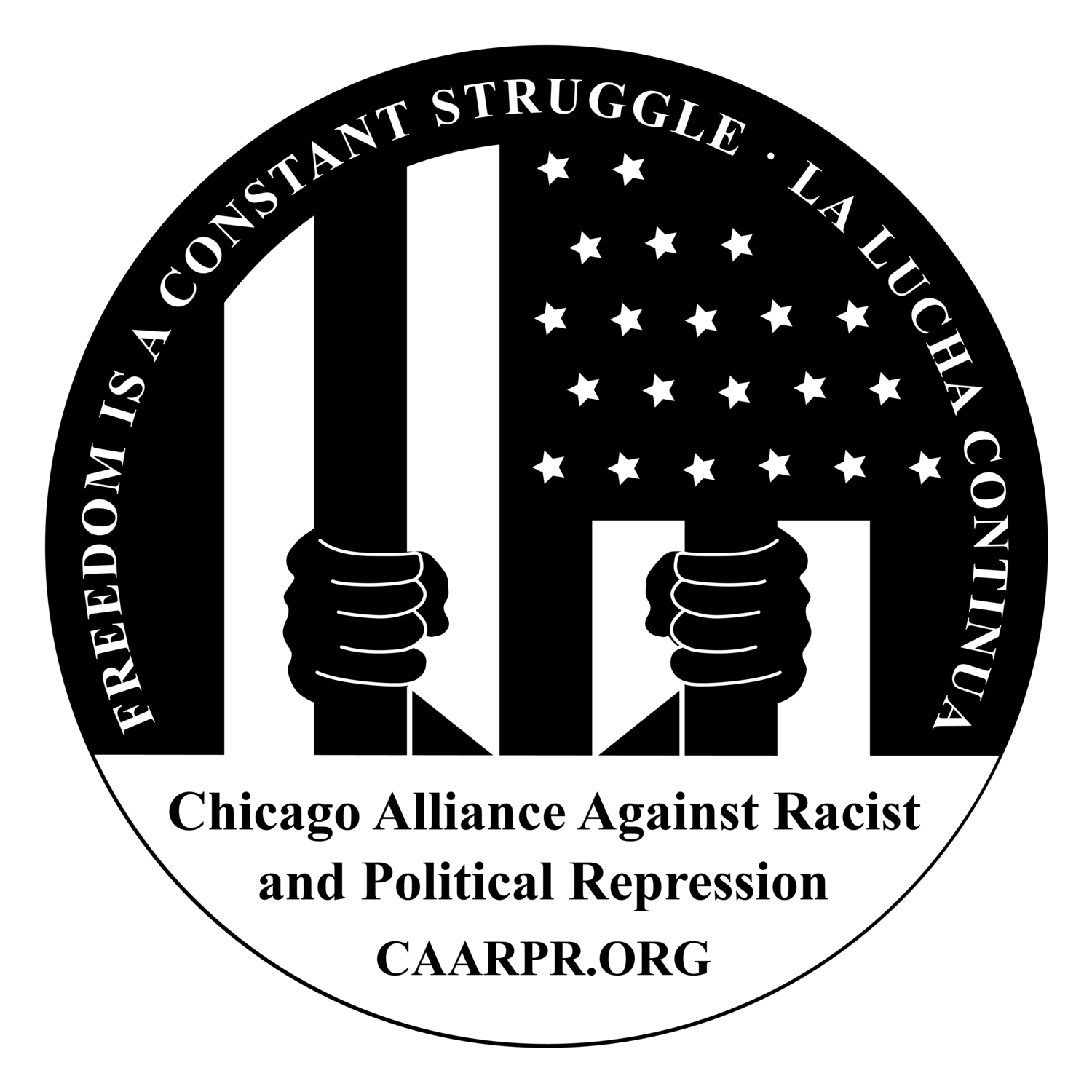Corrupt CPD Sergeant Brian Forberg
A Pattern and Practice of Coercion, Evidence Tampering, and Wrongful Convictions
CPD Sergeant Brian Forberg, one of the highest-paid active officers in the Chicago Police Department, has a pattern and practice of witness coercion and evidence tampering, which has led to the wrongful conviction of at least 19 individuals, mainly Black men. This pattern has been recorded in a series of civil lawsuits and pending appeals.
Forberg was named in a civil lawsuit in 2011 by Maurice Patterson. In the suit, Forberg and eight other officers were accused of manipulating witnesses, fabricating evidence, and withholding DNA results in the 2002 investigation that led to Patterson’s conviction, from which he was later exonerated.1 The city settled the case for over $3 million.2
In 2001, Kevin Jackson was wrongfully convicted of first degree murder and aggravated battery with a firearm on the basis of four eyewitness statements extracted by then-Detective Forberg and Detective John Foster. As Illinois Supreme Court Justice Neville noted in his February 19, 2021 special concurrence in Mr. Jackson's post-conviction case, all four “witnesses have since attested that their statements identifying petitioner as the offender, which were given after being interrogated at the police station, were the product of police intimidation or coercion.”3
In 2019, Mr. Jackson was summarily denied relief through the Conviction Integrity Unit. Notably, Detective Forberg was married to state’s attorney Kristen Ann Olson, who was one of only a few ASAs working in the CIU at the time of this decision. This tie is a consistent conflict of interest in the post-conviction investigation of Forberg’s cases. The State’s Attorney’s Office requested a Special Prosecutor in March of 2022 for this reason in the case of People v. Mosley.4
Sara Bridewell was charged with murder in 2006 after being interrogated for 63 hours by Forberg and his partner Kevin Eberle. The charges were dropped three years later due to a lack of evidence beyond coerced witness statements from Lisa Rhodes and Anthony Watkins. Watkins was interrogated by Forberg and Eberle for 27 hours until he named Bridewell as the shooter. Rhodes was “questioned in a windowless room for many hours without a bathroom break and at one point urinated in the interrogation room”5 before changing her story to implicated Bridewell. When choosing to drop the case, prosecutors cited “a lie-detector technician's questioning of Rhodes (during which she broke and changed her story) was not so much an objective lie-detector test as it was a "completely biased" interrogation.”6 All parties agreed these coercive interrogation techniques were fact in Ms. Bridewell’s suit against the city.
Forberg and Eberle were implicated in another case brought by Terrance Lofton. Mr. Lofton sued both officers and the city after he was charged for a series of robberies based upon a coerced line-up identification by a witness. When the main witness to the robberies did not identify Mr. Lofton in a line-up, “Officer Forberg pointed [Lofton] out to [the witness] and told him that [Lofton] was the offender and had an extensive criminal history. Despite [the witness]’s refusal to identify [Lofton], the officers fabricated their report to indicate that [the witness] had positively identified [Lofton] as the offender.”7 The State’s Attorney declined to continue prosecution after these circumstances of the witness identification came to light.
38 allegations have been made against Forberg during his career, one of which was sustained in 2015, resulting in a ten-day suspension for Bribery/Official Corruption.8 The other allegations include Use of Force, Criminal Misconduct, Operation/Personnel Violation, False Arrest, Illegal Search, and Verbal Abuse.9
Forberg’s corruption and pattern of frame-ups continues to be scrutinized in court in the ongoing cases of Rico Clark, Lester Ownes, Keith Pikes, Lamont Donegam, Caleb Charleston, Douglas Livingston, Curtis Weekly, Derrick Hatchett, Gregory Minnefield, Donate Graham, Mark Scott, Antonio Perry, Michael Temple, Jamell Murphy, Carl McCoy, Pierce Ivy, and Andre Mosley.
Von Oehsen, S., & Rivas, M. (September 2, 2020). From Prison, Rico Clark Fights a Murder Conviction and COVID-19. Injustice Watch. Retrieved November 19, 2022, from https://www.injusticewatch.org/news/police-and-prosecutors/2020/rico-clark-wrongful-conviction-covid/
Brian Forberg Settlements. (n.d.). Chicago Reporter. http://projects.chicagoreporter.com/settlements/officer/21293/
People v Kevin Jackson. Case No. 124818. (Supreme Court of the State of Illinois). https://law.justia.com/cases/illinois/supreme-court/2021/124818.html
People v. Mosley. Case No. 06CR1482901 (Circuit Court of Cook County, Illinois County Department - Fourth Municipal District, March 15, 2022), Motion to Appoint a Special Prosecutor.
Bridewell v. City of Chicago, Case No. 08 C 4947 (N.D. Ill. Jun. 27, 2012) https://casetext.com/case/bridewell-v-city-of-chicago
ibid
Lofton v. Eberle, Case No. 14 C 898 (N.D. Ill. Feb. 5, 2015) https://casetext.com/case/lofton-v-eberle
Walker, BIA (January 22, 2015). Summary Report (Log 1068895). https://s3.documentcloud.org/documents/5773644/CRID-1068895.pdf
Invisible Institute. (n.d.). Brian Forberg. Citizens Police Data Project. Retrieved November 19, 2022, from https://cpdp.co/officer/8902/brian-forberg/

